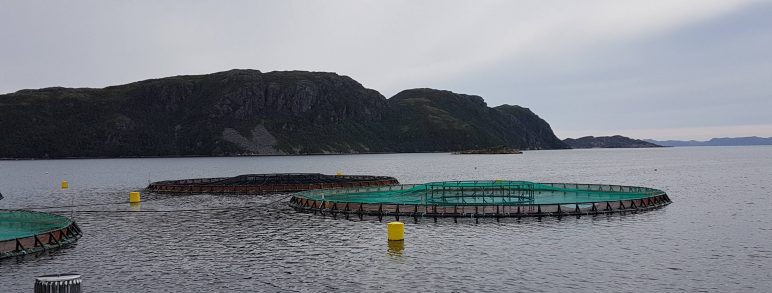What is the role of transparency and communication in the social licence to operate of Norwegian and Nova Scotian Atlantic salmon aquaculture industries?
See full project poster here
Abstract excerpt:
The Atlantic salmon aquaculture industry has the potential to have a significant contribution to economic development and seafood production – particularly in rural and coastal communities. However, the lack of social licence to operate (SLO) can become a barrier for industry development. Transparency and communication have been suggested as two of the potential drivers for the industry to achieve SLO. This study explores the role of transparency and communication in the achievement of SLO in the salmon aquaculture industry by contrasting the perceptions of relevant stakeholders (researchers, managers/regulators, NGOs/community groups, and industry). The comparison was carried out in two distinct jurisdictions where salmon aquaculture occurs: an industry pioneer, Norway, having national ocean policies incorporating SLO, with a younger industry of Nova Scotia, Canada, that has adopted new aquaculture regulations in 2015. These regulations follow a moratorium of four to five years on new lease and licenses that was prompted by the public. Results reinforce the importance of meaningful engagement, reporting of environmental and social standards, as well as the need for industry (with government support) to take on a leadership role in transparency and communication in both jurisdictions. Comparison of these two areas helps to understand the role of transparency and communication in achieving SLO, which may be key to promoting the development and sustainability of the salmon aquaculture industry worldwide.
See Justin Trueman‘s full paper HERE
